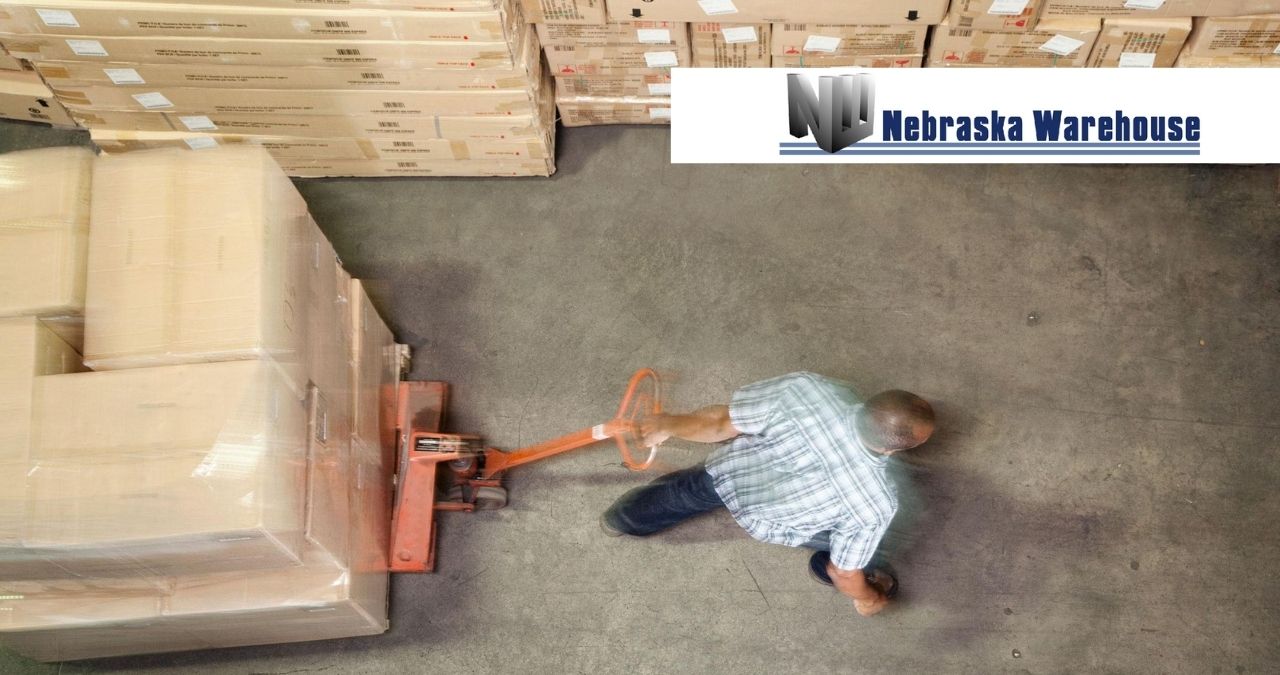
The transportation and logistics business has more facets to it than a diamond. If you have a business in the transportation industries, understanding the difference between these various elements is crucial – and the businesses that don’t will almost be guaranteed a hard time. Inbound and outbound transportation are two of the first terms you’ll come across. These two things are the same in that they describe business transportation and logistics. However, that’s where the similarity between the two ends.
Inbound and Outbound Transportation
Need to know more about inbound and outbound transportation for business – and how they both click together? Read more for the essentials about understanding the differences between what goes in and what comes out.
The Quick Difference Between Inbound and Outbound Transportation
Let’s start by discussing the quick, primary differences between inbound and outbound transportation for business. The easiest way to illustrate it is to think of incoming and outgoing e-mails. Some are sent from the source (which is your inbox), while others are incoming ones to you. Inbound logistics refers to any supplies or stock the business receives. Outbound logistics refers to any supplies or stock that goes out instead.
The definition of both includes basic stock but also includes other items that might flow in or out, like products that the business ships out to their sellers or final destinations. The larger difference lies in how inbound and outbound transportation is managed.
What’s Inbound?
Inbound transportation is related to what comes in. For the average business, this can describe any type of delivery. Deliveries of consumer products, deliveries of office supplies, deliveries of toilet paper every week… Whether you’re selling it or not, if it comes into your business and has to go on the record, it’s inbound.
It’s important for inbound deliveries to be tracked through the supply chain management system. If not, you might have tons of stock going missing and might not even know about it. Effective data entry saves a lot of valuable time.
What’s Outbound?
Outbound transportation is anything that happens to flow out of your business. For companies who sell or manufacture goods, stock often has to move out in order to get to other suppliers or consumers. This supply chain is outbound transportation.
Where do most companies go wrong?
An ineffective supply chain management strategy can be the number one reason for problems at this point. To avoid this, ensure you have the most effective supply chain management software at your disposal.
Does Every Business Have Both?
Even businesses that offer services rather than sell products have both inbound and outbound logistics elements as part of their business. In fact, if you name any business venture under the sun, we could say that their business has these elements.
Have you never thought about your business as having crucial transportation needs at all? Well, there’s your problem. Every business (even ones not in the supply chain industry) will have ingoing and outgoing needs that have to be managed.
Managing Inbound & Outbound Together
It’s important to manage inbound and outbound transportation together, or one side will have no idea what’s going on with the other. That’s not ideal for clients, and it’s not ideal for businesses. When a business doesn’t run the way it should on paper, improper supply chain management can often be part of the problem. If it’s yours, focus on finding smart supply chain management software to make your job easier.
Can software be enough to sort out your supply chain management problems? Many businesses who rely on AI to manage their supply chain today say yes. Test out a software solution and see what it can do for your supply chain, inbound or out.
Nebraska Warehouse One-Stop-Shop | Technology Enabled 3PL Value-Added Services Warehouse | Freight Broker | Logistics
Nebraska Warehouse doesn’t just help to facilitate your shipments, but we are truly a one-stop-shop solutions provider. Our services include:
-
- Professional Storage Development and Management
- Quality controlled Environment
- Responsive, Personal Customer Service
- Reasonable Price
- Real Estate Development and Management
- LTL & FTL Shipping
- Refrigerated Trucking & Storage
- E-Technology Software
- Transportation Freight
- Dedicated Contract Warehousing
- 3PL Public Warehousing
- 3PL Specifications
